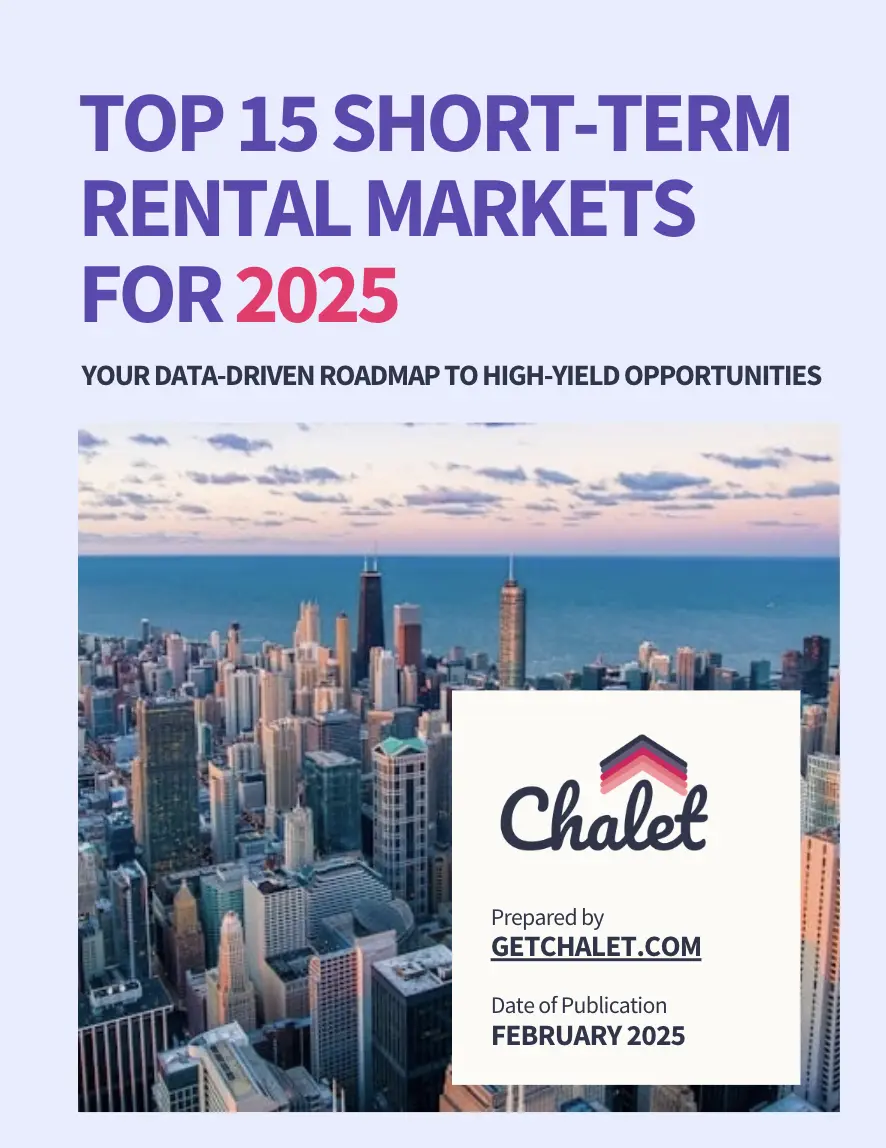Written by: Ashley Durmo
Florida’s real estate market has always been dynamic, but recent back-to-back hurricanes—Hurricane Helene and Hurricane Milton—have added new layers of complexity for investors, particularly those in the short-term rental (STR) industry. While hurricanes often cause temporary price dips and rising insurance costs, they can also drive long-term appreciation in high-demand areas due to reduced housing supply.
For potential Airbnb investors, understanding how these hurricanes impact home prices, rental demand, and insurance costs is crucial. This guide will break down:
✅ How hurricanes affect Florida’s real estate market
✅ The impact on short-term rentals in key markets
✅ Insurance considerations for Airbnb buyers
✅ Top-performing Airbnb markets in Florida
How Florida’s Real Estate Market Reacts to Hurricanes
Historically, hurricanes have had a complex impact on home values in Florida. While immediate property damage can drive some buyers away, home prices often remain elevated for up to three years post-storm due to a decrease in supply. In fact, homes in hurricane-affected areas have been found to sell at an average 5% premium, peaking at 10% in the second year after a storm. (Realtor.com)
However, the compounding impact of two hurricanes in quick succession has intensified concerns. Insurance losses from Hurricanes Helene and Milton are estimated between $34 billion and $54 billion, making them some of the most expensive storms in Florida’s history. (AON)
Despite these losses, the real estate market remains resilient, and the well-capitalized insurance industry is expected to absorb the damage without major disruption. Investors should consider how rising insurance premiums and lower housing inventory may actually create new opportunities in select markets.







